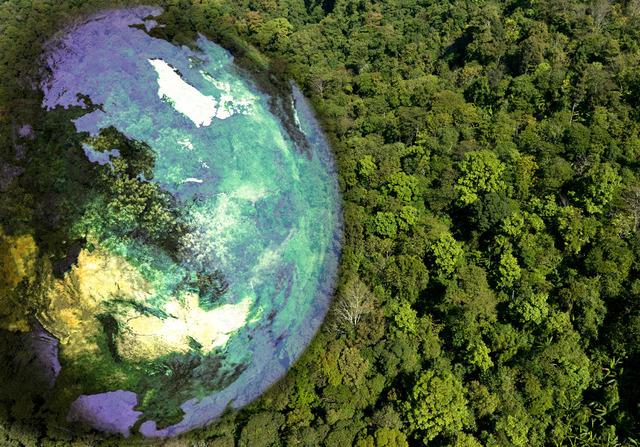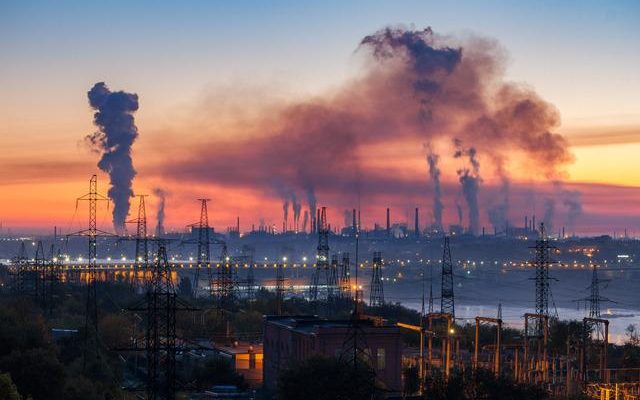In a new study prepared by the Earth Commission, a group of international scientists, and published in the scientific journal Nature, 40 scientists set measurable limits for a safe and just world system. In the research, the resilience of the planet was examined in 8 ecological indicators determined in 5 key areas: global temperature rise, access to water, intact ecosystem balance, nutrient cycles and aerosol pollution. Scientists described these borders as “a problem of justice and security” and examined them in 8 indicators.
Accordingly, human activities have caused the world’s health to exceed dangerous limits in 7 out of 8 indicators of planetary security and justice.
In the “climate” category, which is the first of these indicators, a global temperature increase of 1.5 degrees was determined as the most dangerous limit. Although the 1.5-degree temperature increase, which is considered the last limit for people to live, has not yet been reached, 1 degree, which is determined as the fair and safe limit in temperature increase, has been exceeded.
GLOBAL TEMPERATURES INCREASED
Global temperatures increased by about 1.2 degrees Celsius compared to the pre-industrial period.
While the flow change in the surface water indicator should have been 20 percent, it was seen at unsafe levels with 34 percent. It has been found that 47 percent of the world’s groundwater level is being depleted at an alarming rate.
In order to maintain a safe and fair balance in the ecosystem that needs to be protected to prevent climate change, 50 to 60 percent of the planet must be intact. By contrast, scientists have found that only 45 percent to 50 percent of the planet has an intact ecosystem.

While human-modified areas such as farms, cities and parks should have at least 20 to 25 percent of intact ecosystems, two-thirds of these modified areas did not meet this target.
INEQUALITY IS DANGEROUS DIMENSION
In the nutrient cycles indicator, countries’ use of nitrogen and phosphorus was examined. The inequality in the use of nitrogen and phosphorus between developed economies and low-income countries was found to be dangerous.
Aerosol pollution, mainly caused by car exhausts, factories, coal, oil and natural gas plants, was the only indicator that did not exceed the dangerous limit.
“OUR FINDINGS ARE EXTREMELY worrisome”
Earth Commission Co-Chair and lead author of the study, Johan Rockström, in his assessment of the research, stated that the stability and resilience of the entire planet is at risk, stating that we are in the “anthropocene” period, and used the following statements:
“Our findings are highly alarming. In the 5 key areas analyzed, many boundaries have already been crossed at the global and local level. This means that if timely transformation is not achieved, irreversible crossover points and widespread impacts on human well-being are inevitable. Safe for present and future generations And if we want to ensure a fair future, it’s crucial to avoid this scenario.”
Earth Commission Co-Chair and Academic Committee Director Dahe Quin emphasized that many criteria are at a dangerous level and said, “The world system is in danger.” warned. (AA)
